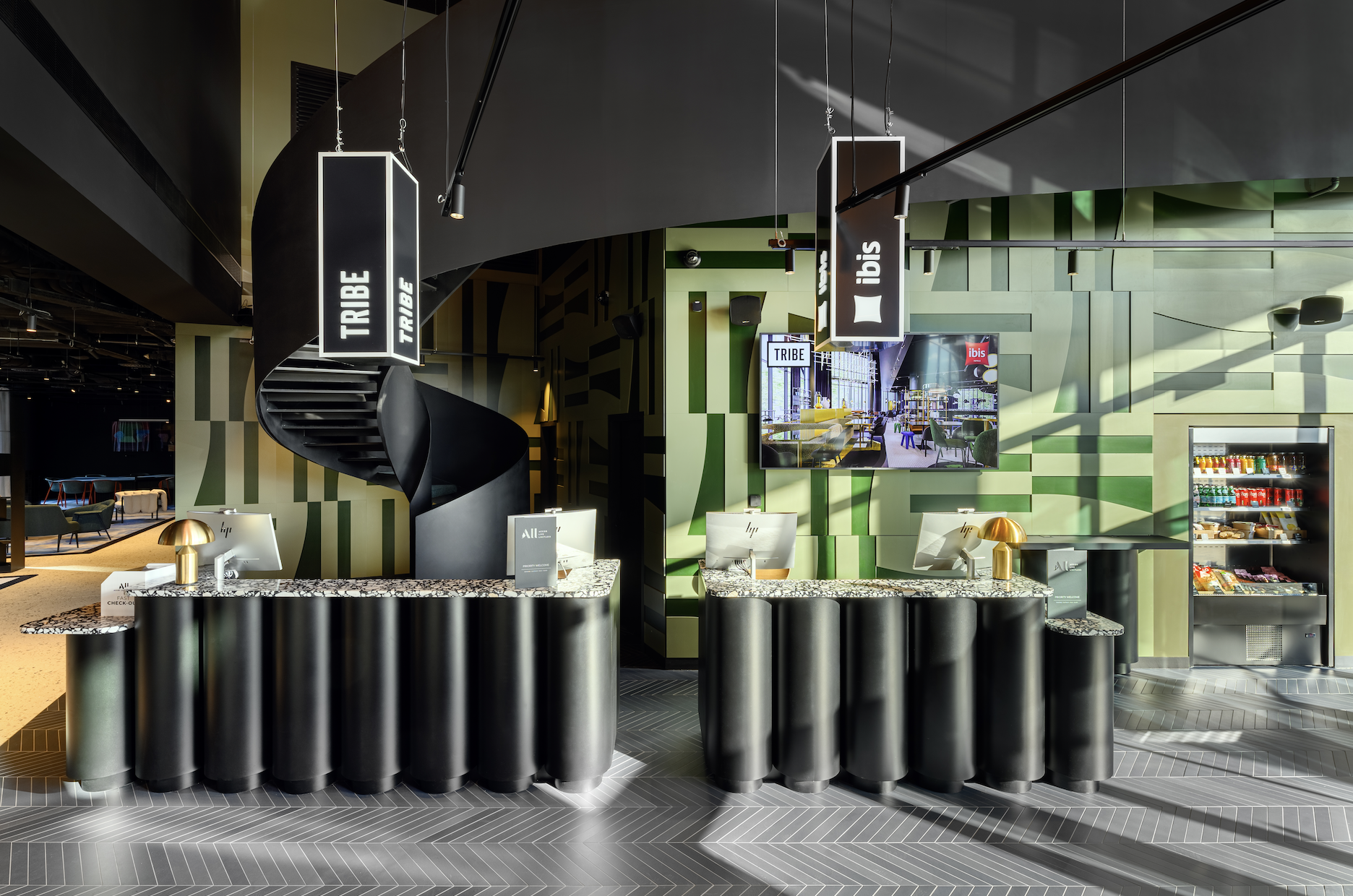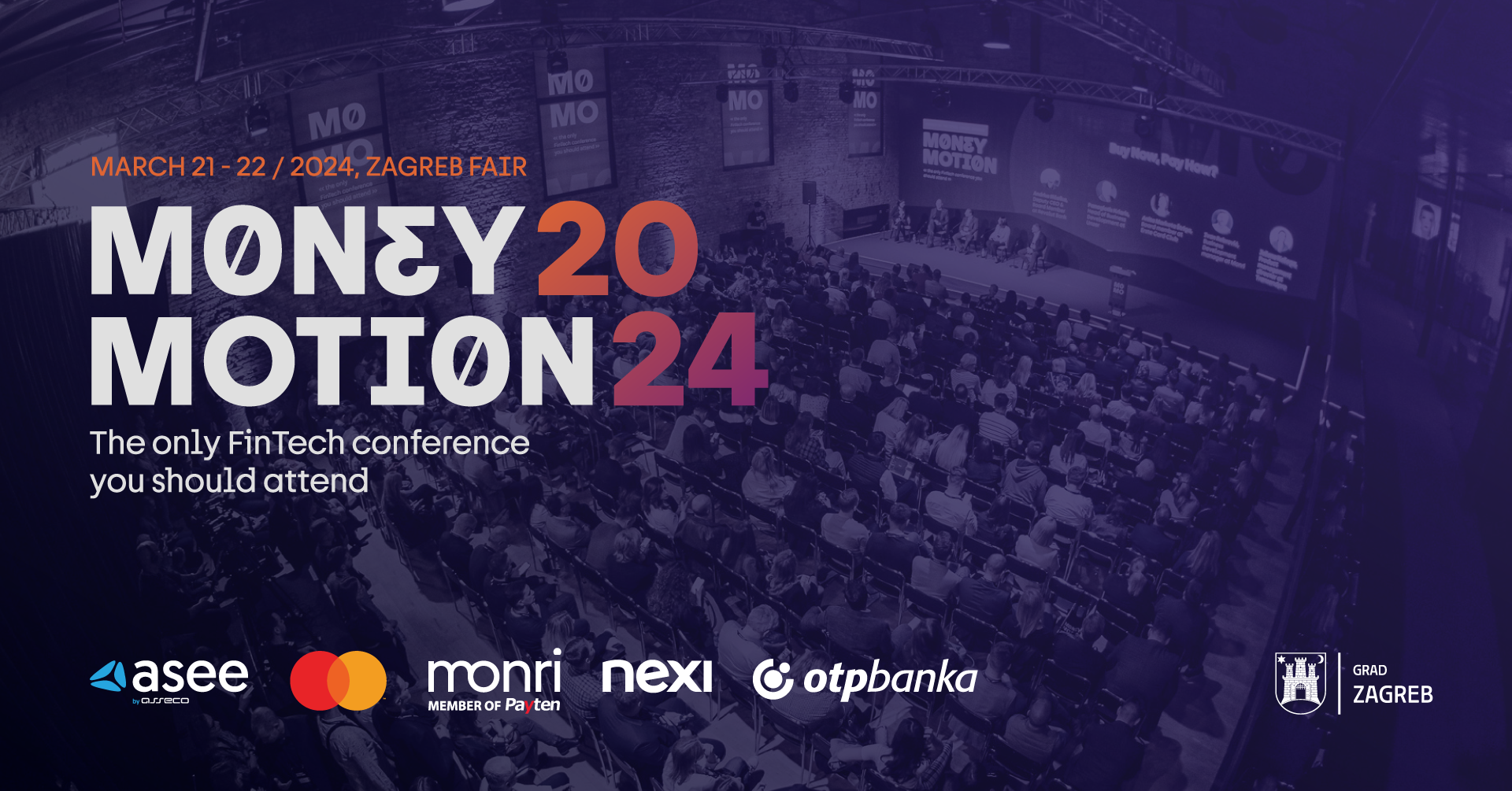Financial Apps 2nd Most Popular After Social Media

More than 70% of Hungarians use some kind of a financial app, making it the second most popular type of application behind social media, according to a recent survey by Hungarian Bankholding.
The survey says that half of responsdents use their internet bank several times a week. About 22% of the surveyed said they accessed the platform once a week, and only 2% of them used it less frequently than once a month. Bank mobile apps are similarly popular, with 56% of the population using the app of their bank several times a week, 19% once a week and only 1% of respondents do not use an app of their bank on their smartphone.
Hungarians were also asked what they consider to be the benefits of online administration. The majority of respondents said that it is quick and convenient to manage their finances online. Many also find it practical and easy to bank from home. In contrast, people feel that there are few disadvantages to banking online. The most common argument against it is the need to remember your account password, however, this was also only mentioned as a disadvantage by 16% of people.
"The research confirmed our preliminary expectations that online banking is becoming more and more popular every year. More and more people are opting for more convenient, easier, and more sustainable administration, which is in line with the goals of the group: to create a modern, green and digital bank where all our customers can benefit from the highest quality and most convenient service," said Ildikó Ginzer, deputy chief business officer for standard services of Hungarian Bankholding.
Face-to-face Transactions on the Decline
As the use of home-based interfaces grows, the popularity of face-to-face transactions is declining, with nearly two-thirds of people visiting bank branches less than five times a year. In the survey, only 30% of respondents said they typically manage their finances in person.
Most people avoid it because of the long waiting times, but more than half of people also perceive the need to travel to bank branches as a disadvantage. They also prefer other methods because of the slow process and the seemingly unnecessary paperwork.
Feedback shows that the biggest advantage of face-to-face transactions is that it is easier to ask an administrator if you are unsure about something, and half of the people also see the advantage of having personal, direct contact with their bank.
Ginczer added, "We know the advantages of face-to-face administration and we believe it is important that our clients should not have to give up the immediacy and consultative approach they have come to expect in the future. The modernization of the branch network of Hungarian Bankholding member banks also serves to ensure that we can welcome our customers in branches that are easily accessible for all our customers, while offering a wide range of services and a pleasant environment."
For specific products, the popularity of online transactions is still variable: online solutions are most popular for insurance and savings products, while for more complex products online solutions are less popular. For various credit products, around half of Hungarians prefer to visit their bank in person. The main reason for this, according to the survey, is that they can get immediate answers to their questions in person and ask for advice without having to wait for a reply.
Transfers, Balance Queries Among Most Popular Finance App Functions
On average, Hungarians have 24 apps on their device, 11 of which is regularly used. The most used apps (by 87% of respondents) are social media apps such as Facebook and Instagram. Some 73% of respondents use financial apps, making it the second most popular type of app. This includes banking apps and various spending trackers. Other popular apps are games (45%), online shops (40%) and for 39% of users, online newspapers, streaming services, and video sharing services.
As far as financial applications are concerned, the respondents mostly use the basic functions and consider them indispensable: HUF transfers/transitions and account balance queries - used by three-quarters of people and considered indispensable by two-thirds. In addition, more than half of the respondents use the mobile payment function.
Almost two-thirds of people were completely satisfied with traditional banking apps, 32% were neutral and only 3% said they were not satisfied. For expense tracking, neo-banking apps, 40% are satisfied, 56% are neutral, and 3% are dissatisfied.
The researchers also asked participants about the security identification they use when logging into their financial applications. Most respondents (58%) indicated that they use a passcode, 49% use a fingerprint scanner, and 40% use a password and SMS authentication method. Face recognition is less widespread so far, with 15% of respondents using it.
SUPPORT THE BUDAPEST BUSINESS JOURNAL
Producing journalism that is worthy of the name is a costly business. For 27 years, the publishers, editors and reporters of the Budapest Business Journal have striven to bring you business news that works, information that you can trust, that is factual, accurate and presented without fear or favor.
Newspaper organizations across the globe have struggled to find a business model that allows them to continue to excel, without compromising their ability to perform. Most recently, some have experimented with the idea of involving their most important stakeholders, their readers.
We would like to offer that same opportunity to our readers. We would like to invite you to help us deliver the quality business journalism you require. Hit our Support the BBJ button and you can choose the how much and how often you send us your contributions.










